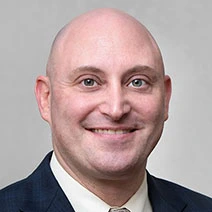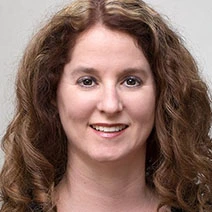Tesla Autopilot Lawsuits: Defects, Liability & Safety Concerns
The legal battle surrounding a tragic 2019 crash in Gardena, California, involving a Tesla Model S has reignited concerns about the safety of Tesla’s Autopilot system. With increasing Tesla sales and rising usage of similar automated driving systems by other automakers, questions regarding defective products and legal consequences are becoming more prevalent.
Tesla’s Defective Autopilot System Raises Legal Questions
The criminal prosecution against driver Kevin Aziz Riad, using Tesla’s Autopilot system, has reached its final stages in Los Angeles County. The case is believed to be the first instance in the U.S. where felony charges were brought against a motorist using a partially automated driving system. The case has become a landmark for product liability and safety regulations concerning defective products in the automotive industry.
Victims’ Families Seek Justice: Civil Lawsuits Filed
The families of the deceased victims, Gilberto Alcazar Lopez and Maria Guadalupe Nieves-Lopez, have separately filed civil lawsuits against Aziz Riad and Tesla. The families hold both the driver and Tesla responsible for the accident, emphasizing that the Autopilot technology’s failures contribute to the crashes.
Marketing Controversy: Are Tesla’s Claims Misleading?
Tesla asserts on its website that its cars are not autonomous and require human supervision. However, critics accuse the electric vehicle maker of conducting a misleading marketing campaign, implying that vehicles with Autopilot can drive themselves. This has led to accusations that Tesla knowingly promotes defective products that cause accidents.
Investigations and Safety Concerns
The National Highway Traffic Safety Administration (NHTSA) is probing Tesla’s partially automated driving systems in at least 35 crashes and 17 deaths nationwide since 2016. With U.S. safety regulators intensely scrutinizing Tesla’s Autopilot technology, the spotlight is on the defective product’s ability to brake without driver input and its failure to stop for emergency vehicles.
Expert Views: Balancing Liability and Technology
Experts see the felony charges as a warning to drivers about relying on systems like Tesla’s Autopilot. University of South Carolina law professor Bryant Walker Smith emphasizes that while people must be held accountable for mistakes, the question of civil liability becomes complex when it comes to defective product responsibility.
Safety Upgrades Required for Autonomous Technology
Suggestions to make Tesla’s technology safer include limiting Autopilot to freeways, upgrading the driver-monitoring system, and implementing measures to ensure that drivers are attentive. Comparatively, similar technology from Ford and General Motors employs infrared cameras to monitor drivers and confine their systems to limited-access freeways.
Conclusion: The Need for Clarity and Regulation
The tragedy in Gardena and the subsequent legal challenges have brought attention to defective products, particularly in the field of autonomous driving technology. The legal outcome may set a precedent for how defective products, especially those relating to partially automated driving systems, are handled legally.
The case emphasizes the importance of clear marketing, thorough testing, and diligent safety measures to prevent accidents, injuries, and loss of life. As the landscape of automotive technology evolves, the need for clear regulations, consumer education, and responsible innovation has never been more crucial.

